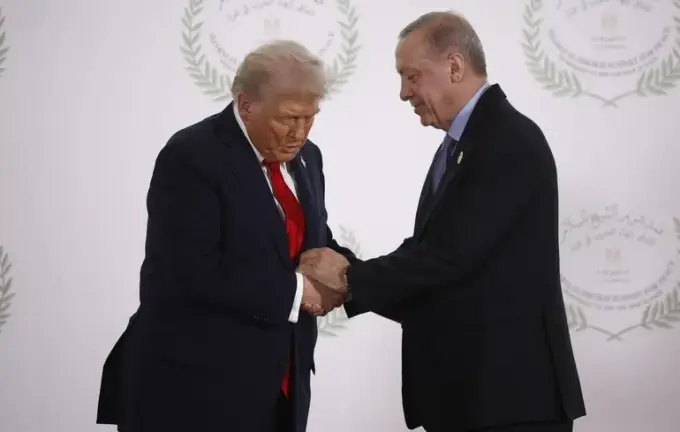Turkey shifts focus to alternative energy sources amid sanctions pressure on Russia

In recent months, Turkey has been adjusting its oil supply strategies in response to sanctions and restrictions imposed on Russian oil companies, notably ‘Rosneft’ and ‘Lukoil’.
According to Bloomberg, Turkish refineries are actively seeking alternative suppliers as trade restrictions led them to reduce imports of Russian crude and turn to countries such as Iraq, Libya, Saudi Arabia, and Kazakhstan.
This move is driven by the US sanctions list, which includes these Russian firms, complicating imports for Turkish companies like Turkiye Petrol Rafineleri AS and Star Rafineri AS, owned by Azerbaijan’s Socar.
Turkey, being the third-largest importer of Russian oil globally, aims to maintain a delicate balance — an outright ban is neither feasible nor desirable at this stage.
Instead, Turkey is pursuing diversification, seeking oil with similar density and physical properties as Russian crude.
The scale of potential reductions in imports remains uncertain, with traders monitoring tanker traffic data for insights.
Meanwhile, the US continues to aim at weakening Russia’s military capabilities through sanctions — as reported by the Financial Times.
Analysts are still assessing the impact of sanctions on global oil flows, noting cautious buying behavior from India and some reluctance from China.
Additionally, Turkey is expanding its reconnaissance efforts in Libya via its state-owned company TPAO, which could become a significant supplier alongside Iraq and Kazakhstan.
Some other countries from Africa to South America might also increase exports to Turkey.
Currently, there is no clear evidence of a significant decline in Russian oil shipments, with Urals exports to Turkey remaining stable or increasing in October.
Buyers have until November 21 to complete purchases without violating US sanctions, which keeps regional supply tensions high and potentially influences prices and market stability.

